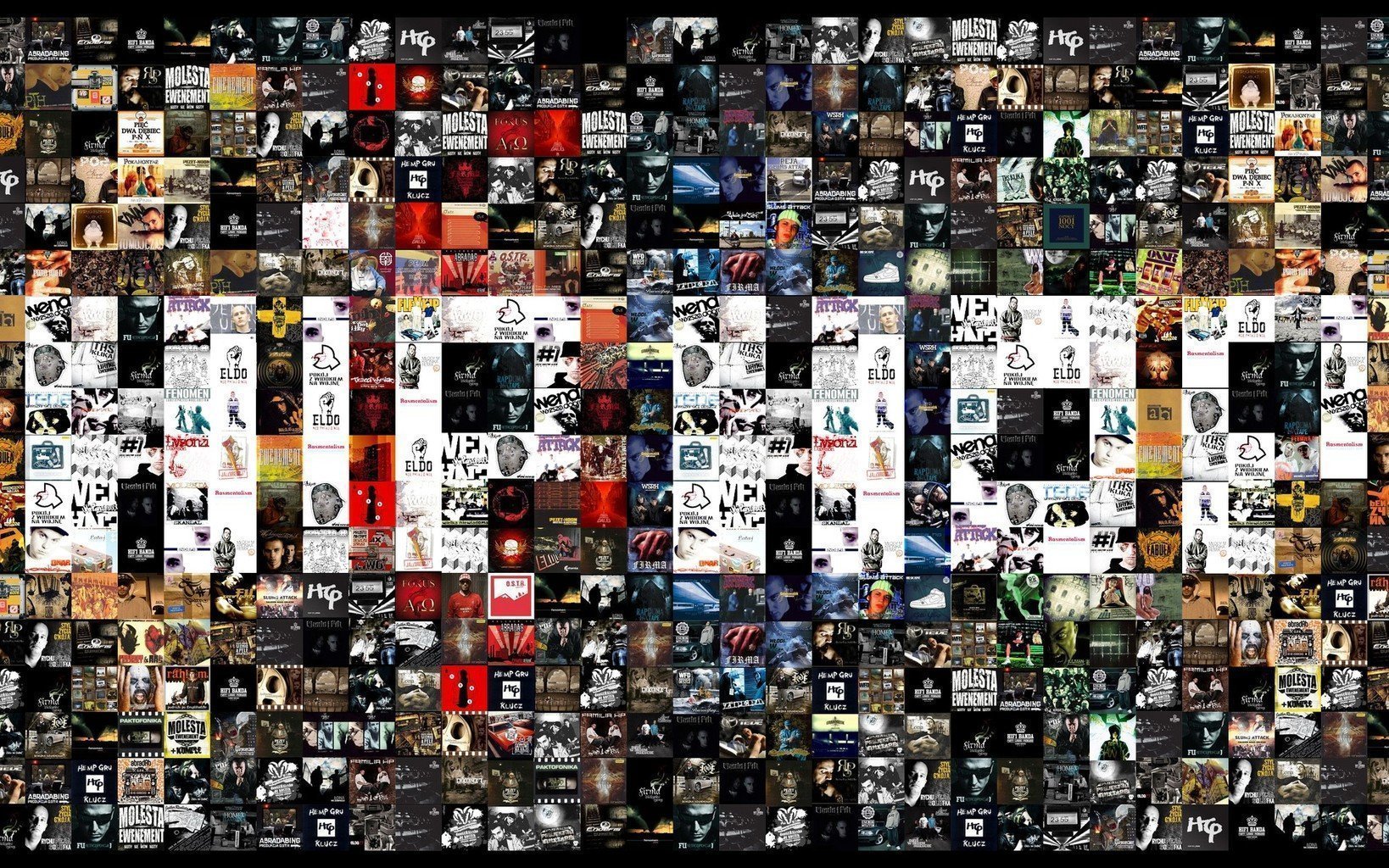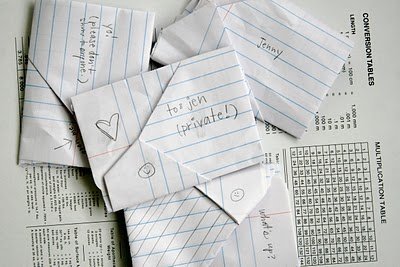
Who says hip hop is useless?
Despite the common belief (especially among the older generation) that hip hop holds no merit, there are actually useful ways to incorporate it into the classroom. The articles explore the use of hip hop in literacy and English classes when looking at literary devices, and specifically creative writing. This seems an obvious connection because rapper like Tupac introduced us to the idea that rap is lyrical poetry.
Although we are not choosing to focus on this it is interesting that there is a big divide between hip hop that can help and the degrading hip hop that gives all rappers a bad name. Of course, certain hip hop songs and lyrics are not only inappropriate but lack any of the merit that would make them useful. Surprisingly to some, though, there is a large number of hip hop and rap that does translate into the school work and can be helpful.
Although I found these ways of using songs to help interesting, I was more intrigued by the sites that featured rap as a gateway to learning. Many sites have rap and hip hop videos to teach subjects similar to school house rock. This shocked me because I didn’t realize people were accepting the use of hip hop in the classroom as well as they are. If we think literacy is knowing hoe to read and write and communicate with language then hip hop is not only useful in teaching it, but I believe it creates a literacy of its own. Some people can’t understand, write or even read hip hop and rap, making it its own unique literacy language. If this is a language many students are using then it only makes sense to incorporate it into the learning process.
(Although, I am toying with the idea that teachers may ruin the hip hop genre for students who see it as an outlet that is unrelated to school. If we incorporate hip hop will students move onto a new genre/style?)



 Website:
Website: